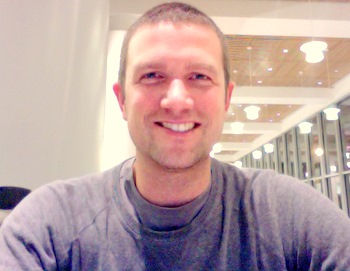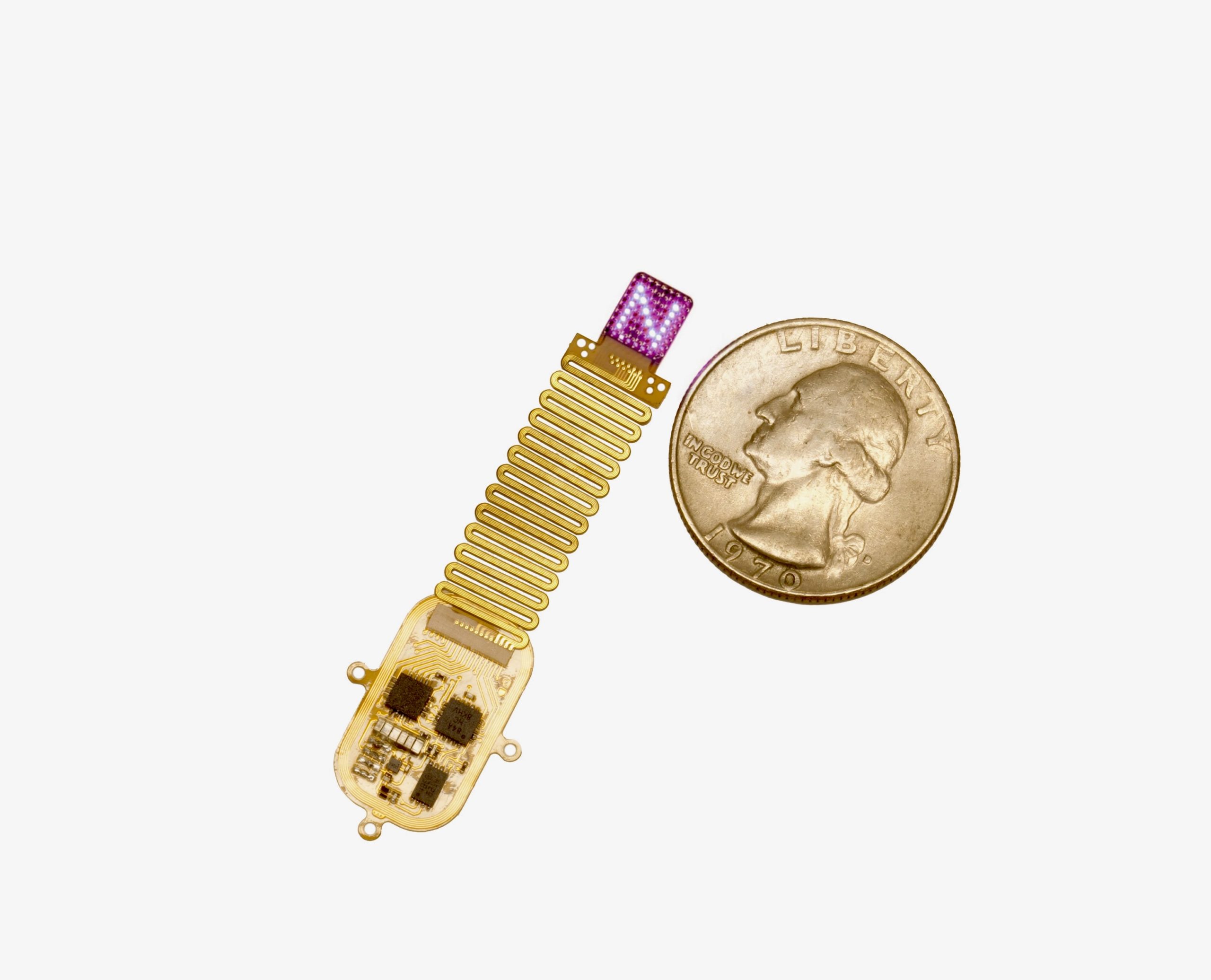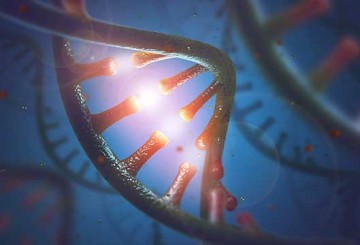Feinberg Graduate Program in Genetic Counseling
Preparing students for research and clinical careers
 |
| Feinberg’s Graduate Program in Genetic Counseling serves as the only program of its kind in Illinois and the only program in the country to offer the option to earn a dual degree in medical humanities and bioethics. |
The Graduate Program in Genetic Counseling, offered through the Northwestern University Feinberg School of Medicine Center for Genetic Medicine (CGM), is the only program of its kind in Illinois and the only program in the country that offers an option to pursue a combined Master of Science in Genetic Counseling and Master of Arts in Medical Humanities and Bioethics degree. Currently 23 students â 12 first-year and 11 second-year â are enrolled in the 18-month master’s program.
Genetic counselors most commonly work in clinical settings related to prenatal, pediatric, or oncology care; however, they can also focus in other specialties such as neurology or cardiology. They can work in laboratories, acting as the liaison between the lab and the physician or healthcare provider, ordering a genetic test and assisting with the interpretation and writing of reports. In addition, they often work in industry, public policy, health departments, and research settings.
“Genetic counselors play a critical role in the delivery of genetic services, filling a sometimes large intellectual gap between physicians (who generally do not have in-depth genetics training) and their patients’ needs for accurate, unbiased information about familial and personal risk for genetic conditions,” says Catherine A. Wicklund, MS, director of the Graduate Program in Genetic Counseling and associate professor in both the Feinberg Department of Obstetrics and Gynecology and CGM. “In a cancer setting, for example, genetic testing can help patients make difficult decisions about medical management, which is particularly important as we move toward personalized medicine and genomic medicine.”
The majority of students have a bachelor’s degree in biology, genetics, molecular genetics, or other science concentration. Several students have psychology degrees with minors in a related science. For those who have science-related majors, they also have completed coursework in psychology. In addition, students range from new graduates to non-traditional students who have been out of school for several years — individuals who have either a desire to make a career change or were in another genetics-related field and want to change focus.
The curriculum is a balance between clinical rotations, research, and coursework. Coursework relates to medical and molecular genetics, psychosocial issues, counseling, epidemiology, research methods, adult genetics, and professional issues.
“One of the major strengths of the program is the breadth of clinical rotations available to the students,” Wicklund adds. “We use many Chicago area hospitals for training; this allows our students to have a very diverse clinical experience.”
 |
| Sid Zell, a second-year genetic counseling student, plans to use his graduate degree to work as a genetic counselor in a hospital setting. |
A required research project results in a written thesis and oral defense at the end of the students’ training. While many students enter the program with extensive laboratory experience, they also spend time in a genetics laboratory to gain a better understanding of molecular and cytogenetic lab techniques and interpretation of results.
Sid Zell, a student in the program, decided he wanted to be a genetic counselor while he taught high school biology in Michigan. He was interested in connecting with individuals during poignant life-moments and applying the fundamentals of science. Zell says the variety and expertise of Feinberg faculty brought him to the school.
“After interviewing at a handful of other schools, Cathy Wicklund’s personality and passion for Northwestern’s program was a big draw for me,” he says.
Sid is currently developing his thesis on the validity of medical brochures in prenatal clinics as information sources and enjoying a pediatric genetics rotation at Children’s Memorial Hospital. Upon completion of the program, Zell hopes to be employed as a genetic counselor in a hospital setting. Until then, he says he is glad that he selected a program that is consistently challenging.
“Everyone associated with the program, be it faculty, fellow students, or alumni all seem to be motivated and excited about their role in genetic counseling. I am proud to be part of such a strong network of dedicated people,” Zell says.
For more about the Graduate Program in Genetic Counseling, please visit their web site.






